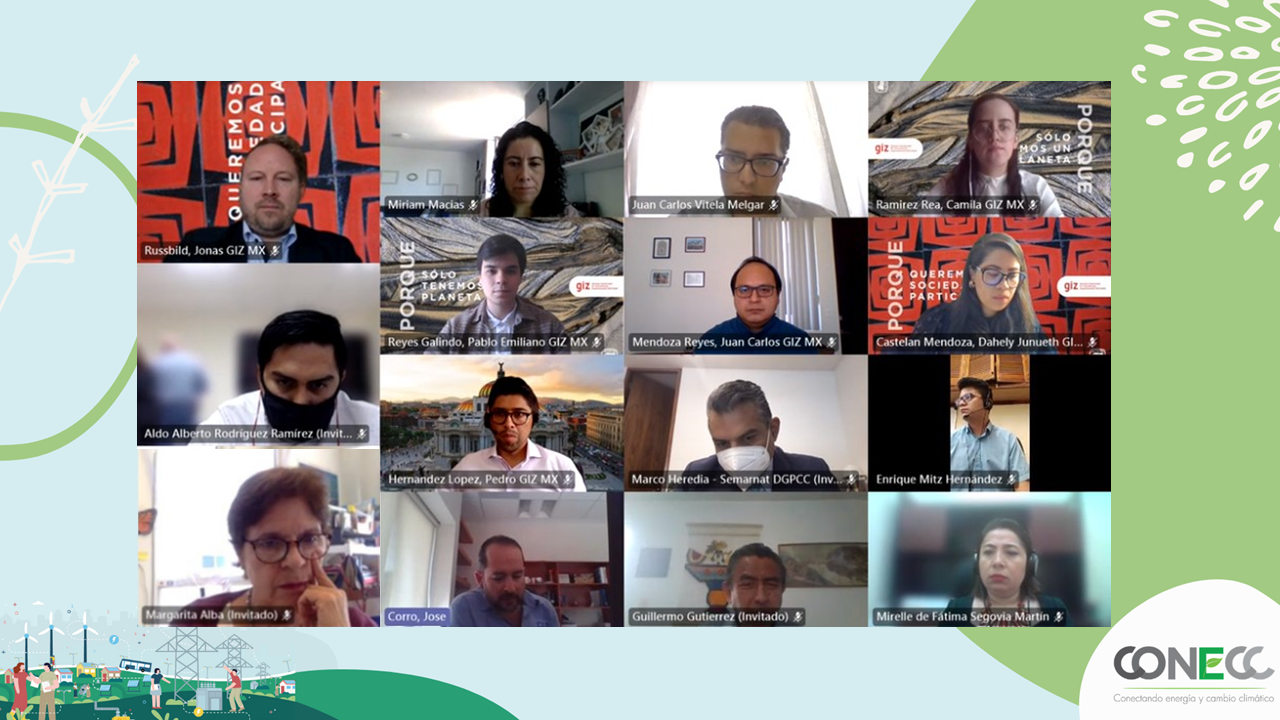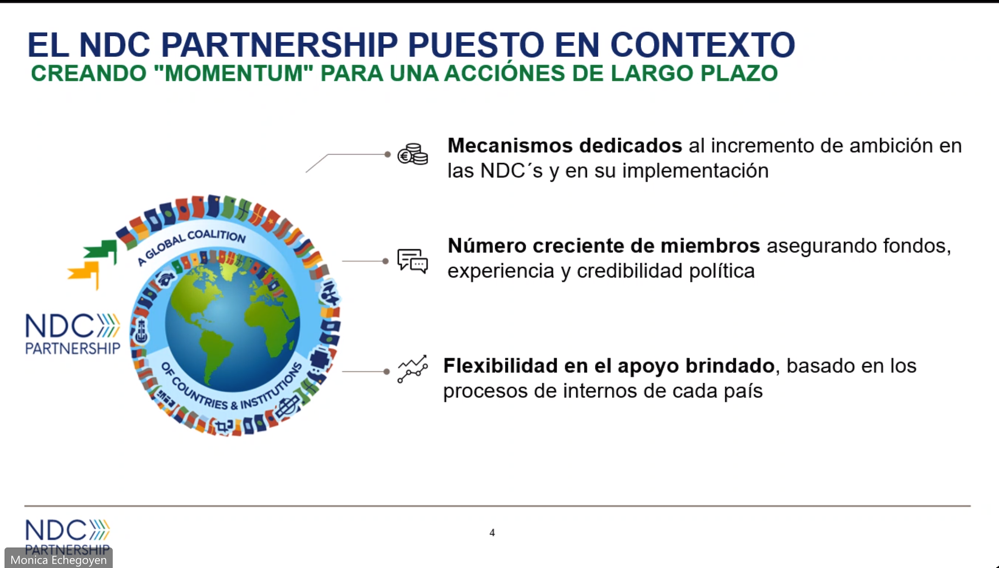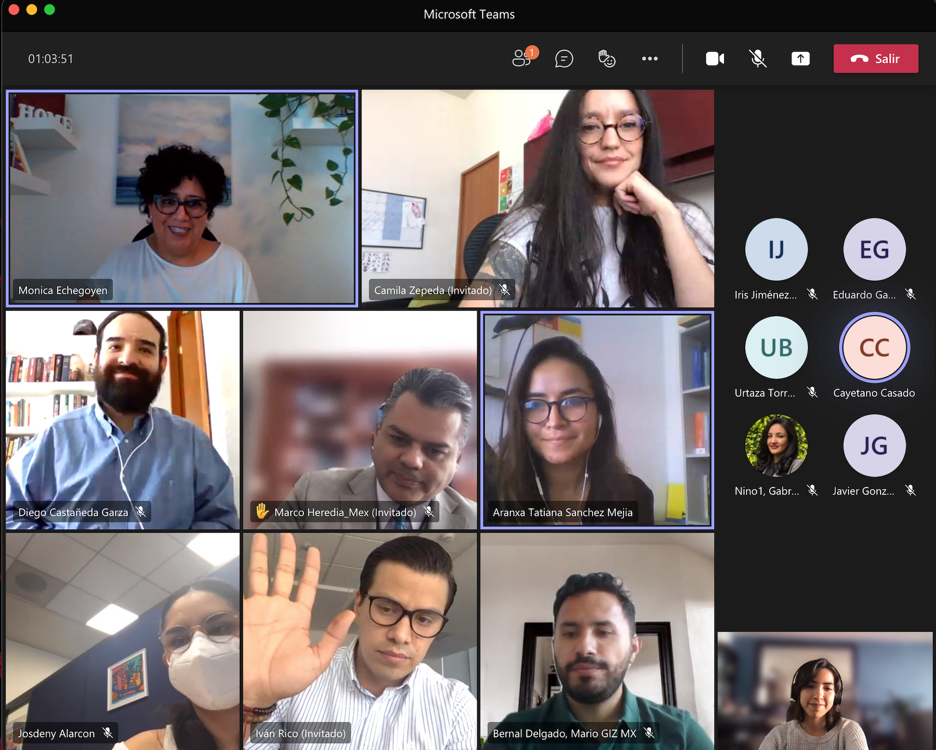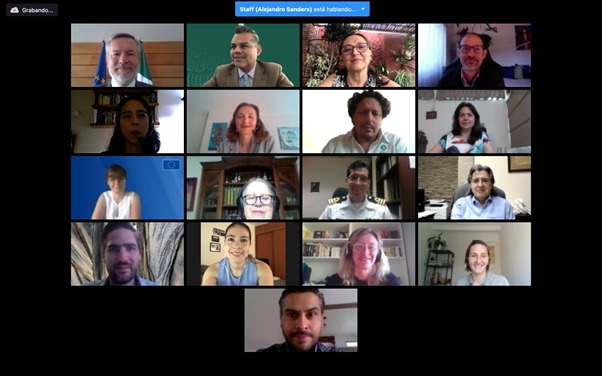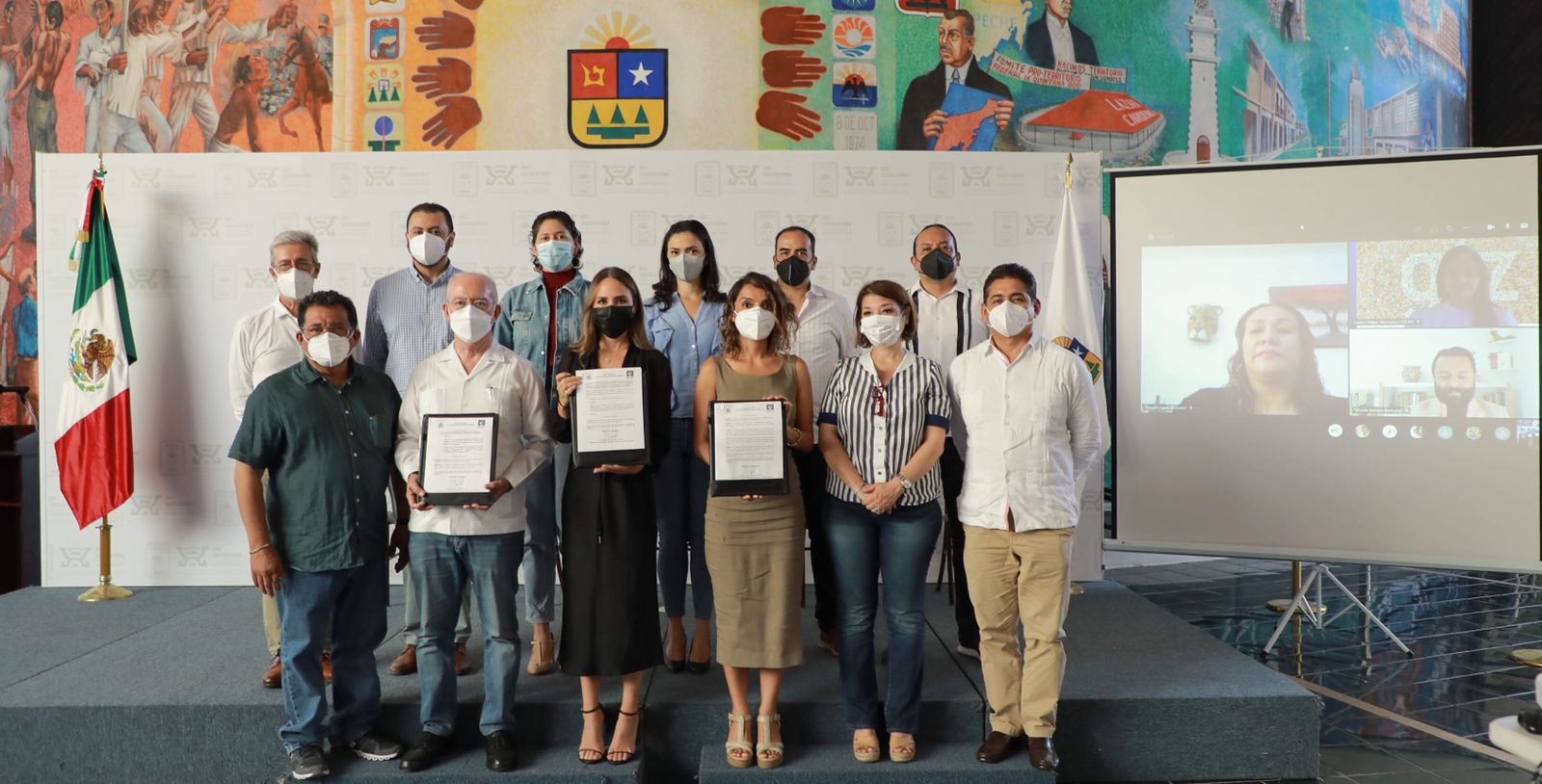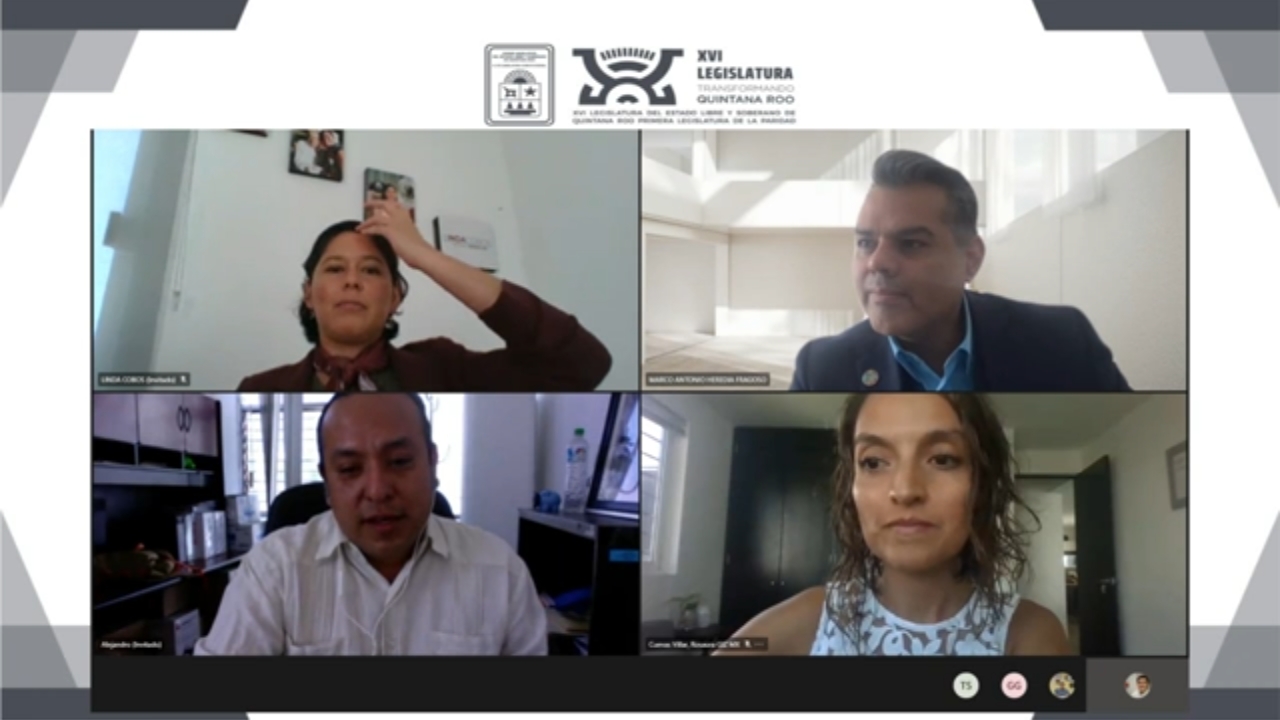Since 2017, combating climate change in Mexican cities has been a priority issue for GIZ. Today, the outcome of this work is published in Lessons Learned from the Climate Protection in Mexican Urban Policy (CiClim) Project 2017-2020, which gathers experiences and shares creative solutions with other cities, the Mexican state and other actors.
The success stories presented in this document address climate change from the perspective of urban planning and sustainable mobility, as well as the integration and valuation of ecosystem services in urban planning. Below are some examples of the success stories promoted by GIZ through the CiClim project.

In order to provide higher quality water and air as well as a decent quality of life for future generations, the economic and social value of ecosystem services has been integrated into city planning. This has allowed cities such as León and Morelia to promote and regulate the protection of natural areas and their biodiversity in the peripheries within their urban planning instruments.
In terms of prioritising actions for non-motorised mobility, in Hermosillo, the Vision Zero strategy was implemented working closely with cycling groups and the municipality. The project aims to increase road safety and promote pedestrian and cyclist mobility, thus contributing to the reduction of GHG emissions.
Elements of green infrastructure were incorporated into one of the branches of the CAFFENIO cafeteria in Hermosillo, including: a green wall, a rain garden, and an interior tree. Among the main benefits are savings of 57% in water and 40% in energy. This test project was successful thanks to the coordination between the private and public sectors and is expected to be replicated in other branches.
With this document, cities are invited to share success stories and lessons learned in order to stimulate existing potential and design resilient, inclusive and healthy cities.


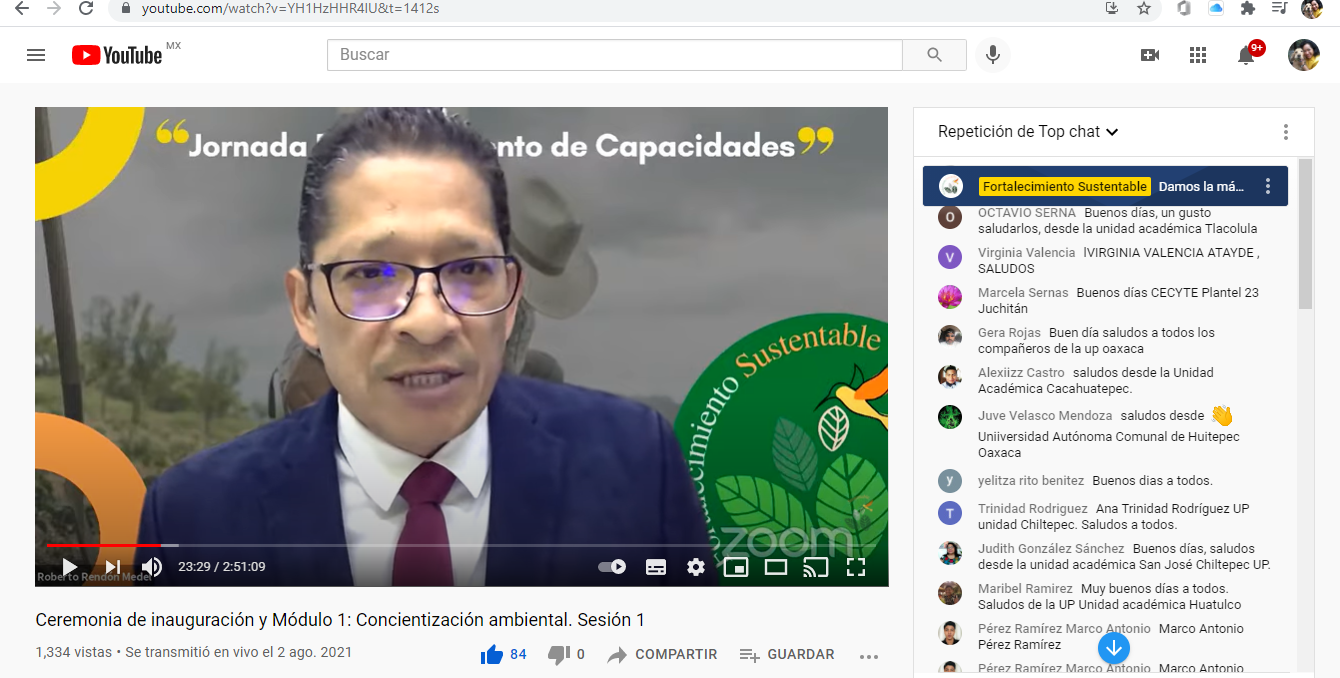
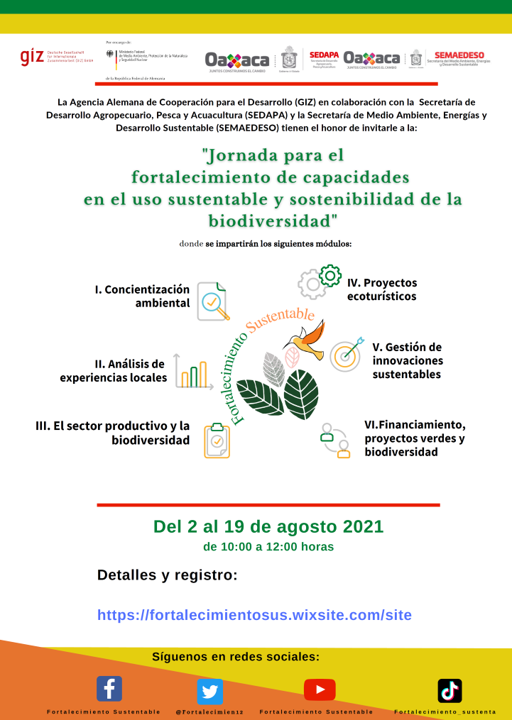
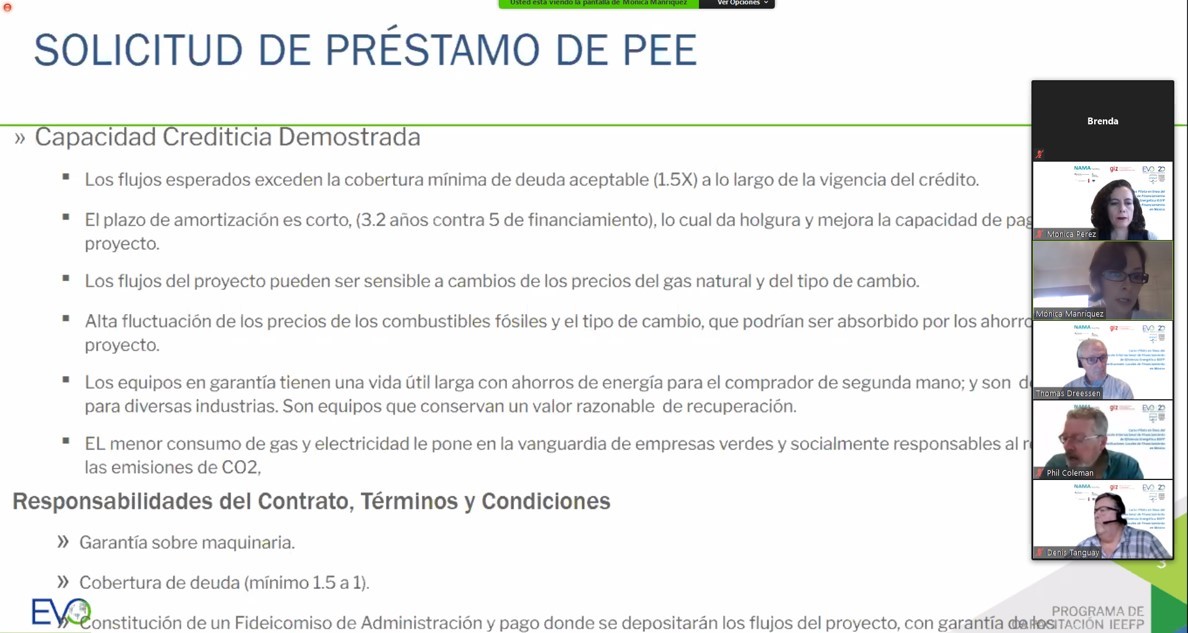
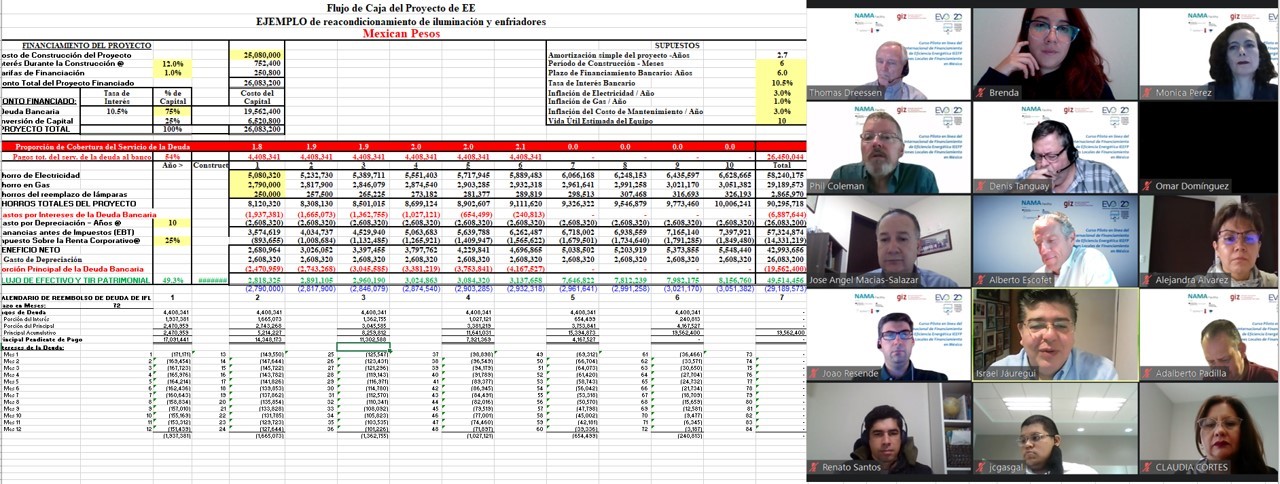
 By identifying areas where greenhouse gas emissions can be cut, increasing energy savings, and improving general efficiency, ECAM offers a holistic approach so that urban water utilities shift to climate-smart water management. It also prepares water and treatment businesses for future climate-mitigation reporting needs.
By identifying areas where greenhouse gas emissions can be cut, increasing energy savings, and improving general efficiency, ECAM offers a holistic approach so that urban water utilities shift to climate-smart water management. It also prepares water and treatment businesses for future climate-mitigation reporting needs. It is not necessary for water and treatment companies to collect special data, nor do they have to create an account to use ECAM. The tool functions with the operational data that administrators and operators use every day. If some data is unavailable, ECAM provides complementary assumptions based on
It is not necessary for water and treatment companies to collect special data, nor do they have to create an account to use ECAM. The tool functions with the operational data that administrators and operators use every day. If some data is unavailable, ECAM provides complementary assumptions based on 




